UK faces slow growth, high inflation after pandemic and Brexit: Think tank
Britons will face stagnation and sticky inflation over the coming years because of persistent supply-chain bottlenecks and headwinds from Brexit, a think tank warned on Tuesday.
The UK’s economic growth will slow in each of the coming years, from 6.9% in 2021 to 4.7% in 2022 and 1.7% in 2023, according to the National Institute of Economic and Social Research (NIESR).
"We may be faced with economic stagnation," NIESR director Jagjit Chadha said. "We believe that short-run supply problems faced by the UK will persist and are likely to be exacerbated by Brexit."
Pointing to years of under-investment in training, housing and infrastructure, especially outside London, Chadha said, "We're getting economic management of the UK economy wrong."
In its predictions, NIESR pointed to the danger of a trade dispute with the bloc, which could be triggered within weeks because of disagreement over customs arrangements for Northern Ireland.
The dispute would intensify supply chain issues and weaken sterling, raising inflation and increasing the chance that it becomes entrenched, according to NIESR.
“Household incomes will be painfully squeezed by a combination of earnings growth lagging inflation, rising interest rates and tighter fiscal policy,” the research group said. “The next few months are likely to bring stuttering growth, rising inflation and widening income inequalities to the UK economy.”
NIESR also dismissed as unreasonable the predictions by the Bank of England “that inflation will go away of its own accord quite quickly".
Inflation would increase to nearly 5% in the second quarter of next year because of businesses' desire to rebuild profit margins, as well as higher energy prices and supply-chain pressures.
NIESR also said the BoE is expected to raise its main interest rate to 0.5% in the second quarter of 2022.
The central bank wrong-footed investors and kept rates on hold last week after its governor’s remarks were interpreted by markets as signaling a rise in borrowing costs this month.
"I think it was a bit of a disaster, to be honest ... leading people in the wrong direction. There's a cost in terms of softer sterling (and a) higher risk premium on UK assets" NIESR's deputy director, Paul Mortimer-Lee, said.
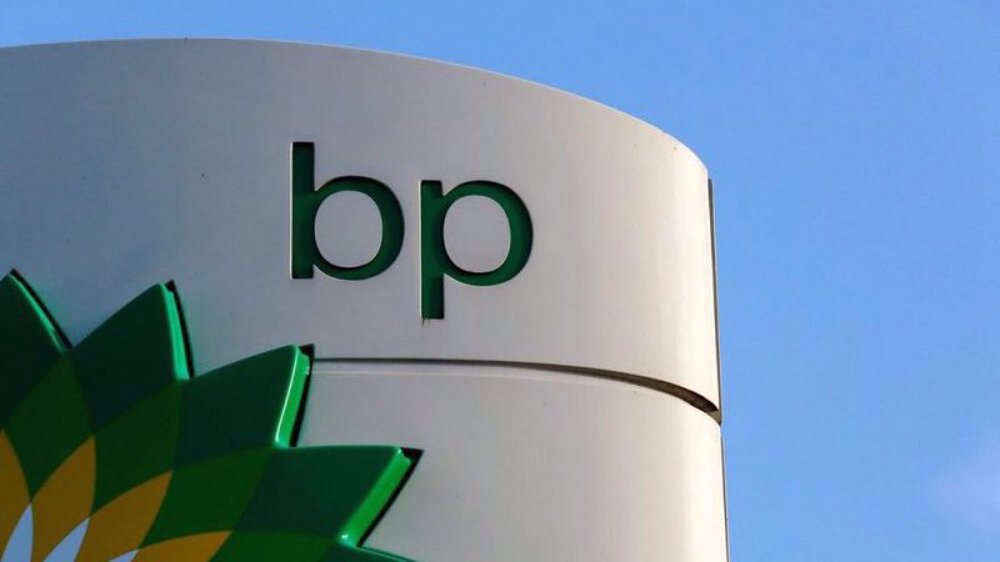
BP to be sued in Britain for supplying oil to Israel

UK’s Barclays divests from weapons company Elbit, deals new blow to Israel
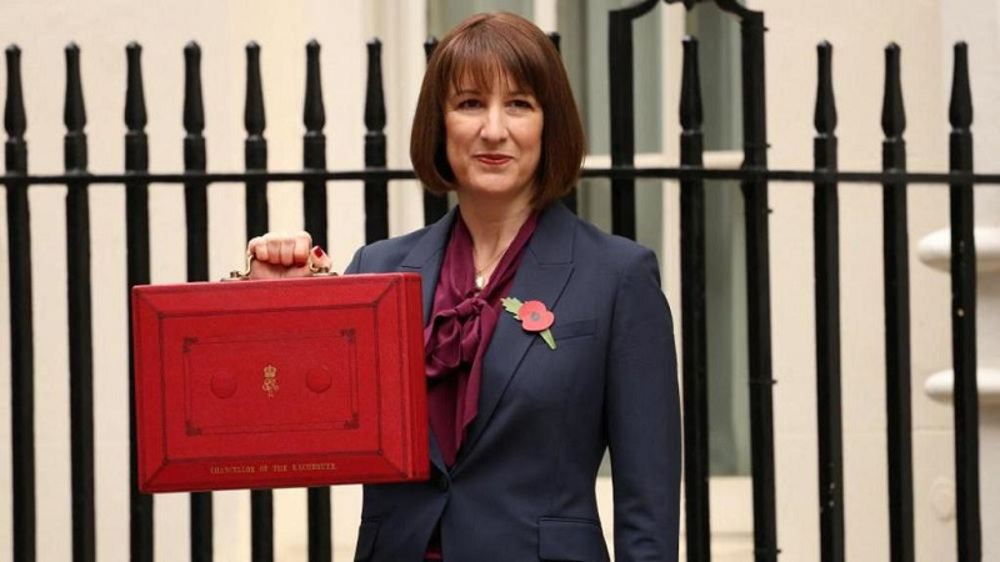
New British government announces painful first budget
Iran bans exports of some crops amid soaring domestic prices
VIDEO | Gazans striving to survive with bare hands
'Shocking attack on free expression': Canadian politician slams arrest of pro-Palestine activist
West Bank Palestinians fear Gaza style destruction as Israel escalates raids
Hamas: Ibrahimi Mosque massacre testament to Israel’s criminal policy
Trump eyes Ukrainian rare earth minerals in exchange for military support to Kiev
Six Gaza children, including newborn girl, die of cold weather as Israel blocks aid
Iran rules out nuclear talks with US amid ‘maximum pressure’ campaign


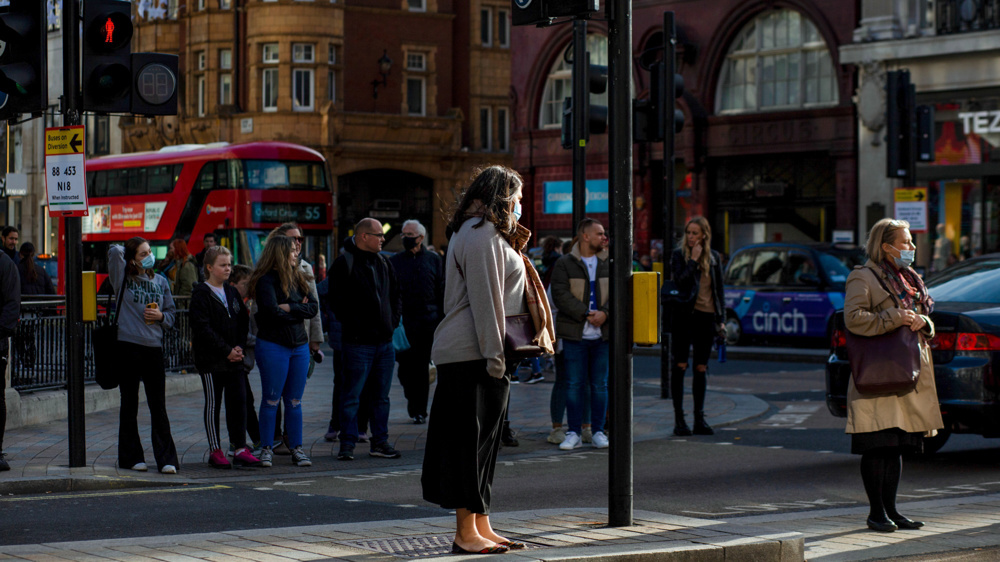




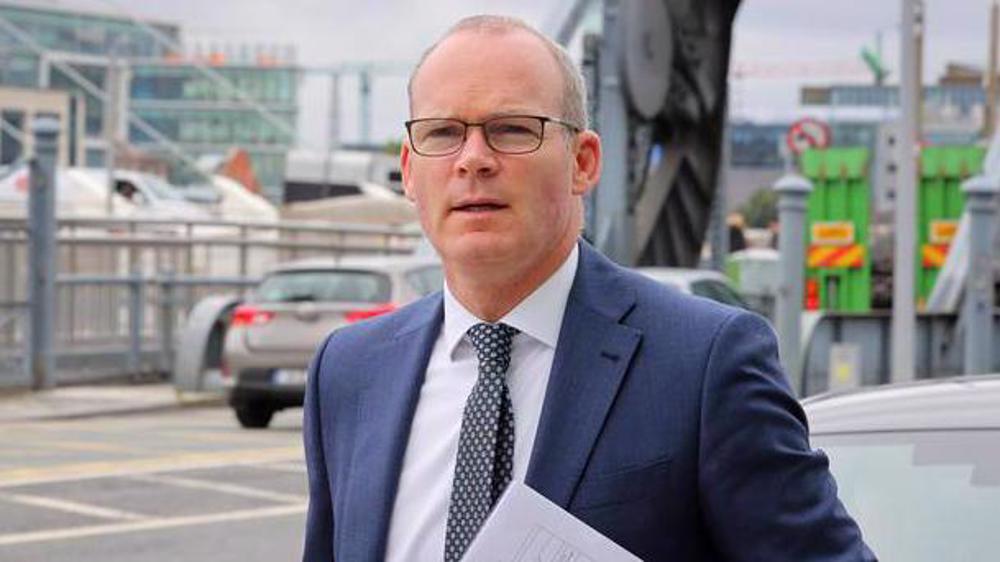
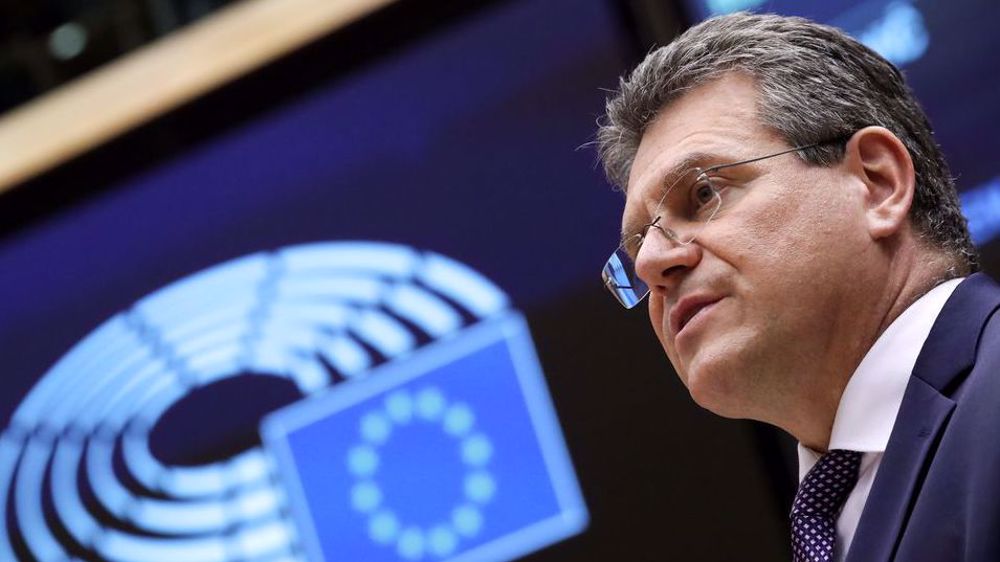

 This makes it easy to access the Press TV website
This makes it easy to access the Press TV website